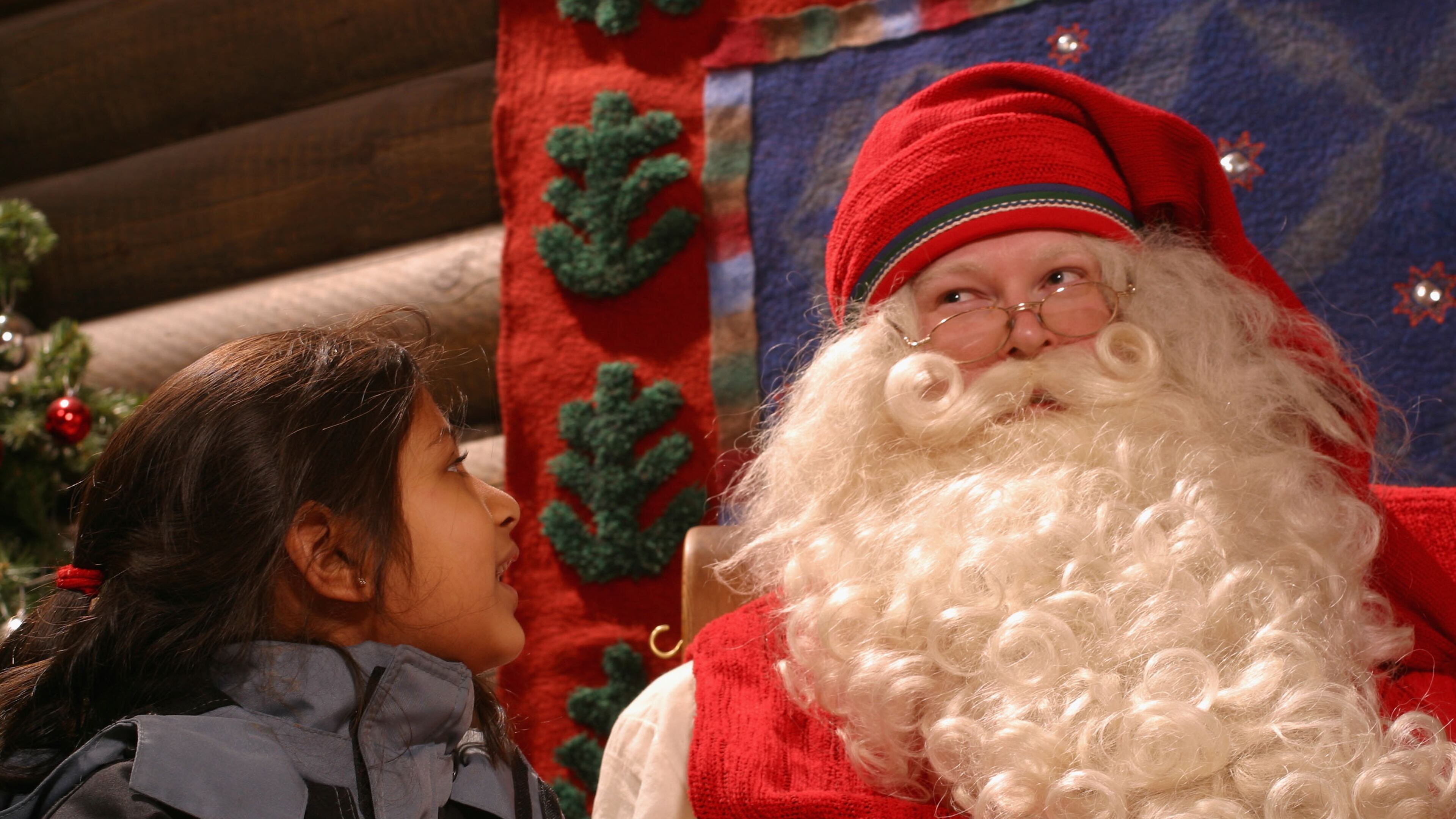Study: Believing in Santa Claus could be damaging to children

A new study poses the theory that kids believing in Santa Claus could be damaging in the long run and cause them to distrust parents.
CBS News reports that the study by a psychology professor at the University of Exeter in the U.K. hypothesized that the "morality of making children believe in such myths has to be questioned."
"If they are capable of lying about something so special and magical, can they be relied upon to continue as the guardians of wisdom and truth?" the study said. "If adults have been lying about Santa, even though it has usually been well intentioned, what else is a lie? If Santa isn't real, are fairies real? Is magic? Is God?"
In a statement, Professor Christopher Boyle said that children will discover that they've been lied to for years and may wonder about other lies being told to them.
"Whether it's right to make children believe in Father Christmas is an interesting question, and it's also interesting to ask whether lying in this way will affect children in ways that have not been considered," Boyle said.
But a psychology professor at Wake Forest University told CBS News that she disagrees with Boyle's research, saying that she finds nothing wrong with a little make believe.
"I think lie is a harsh word to use here," Deborah Best said. "I think a better way to look at it is that it's a family secret."
Best added that she finds that believing in Santa Claus works as a way to reward good behavior, and it promotes spreading generosity and joy.
"I think most children are disappointed when they find out that their parents are Santa Claus," she told CBS News. "They're disappointed in the magic going away, but I'm not so sure that they're angry at their parents about lying. I don't think I've ever heard that. It's more of a loss of that magical part of childhood."
Best and Mona Delahooke, a pediatric psychologist specializing in early child development, told CBS that they agree with the research saying that presenting Santa as an all-seeing authority is wrong.
Read more at CBS News.

